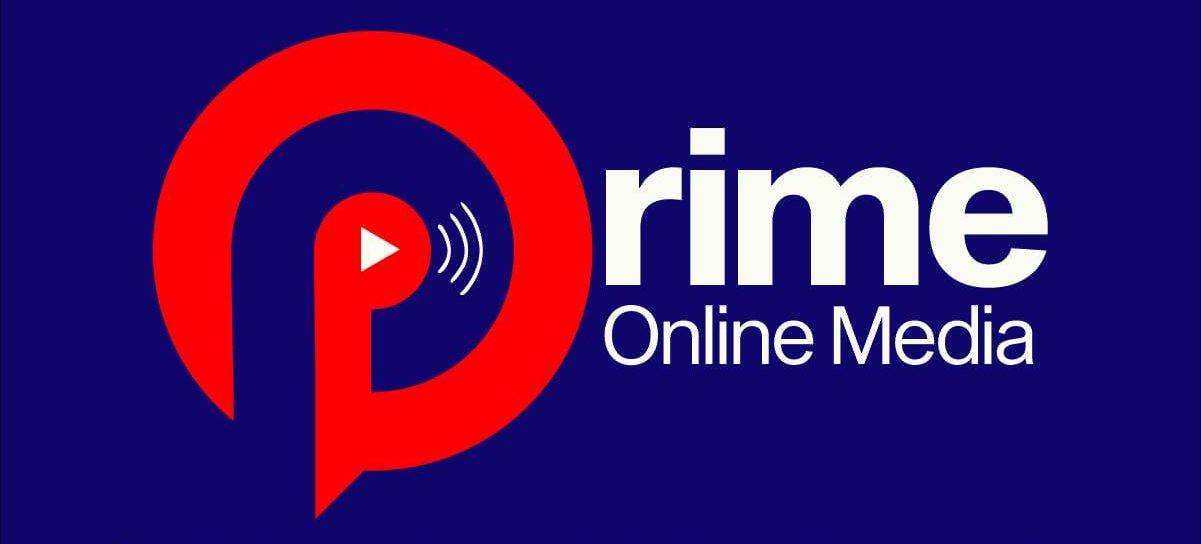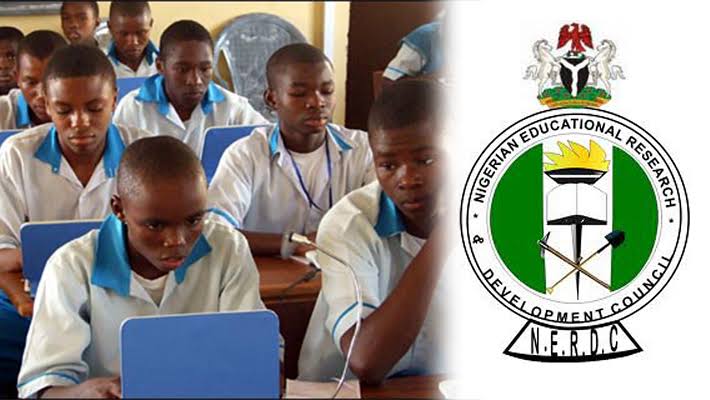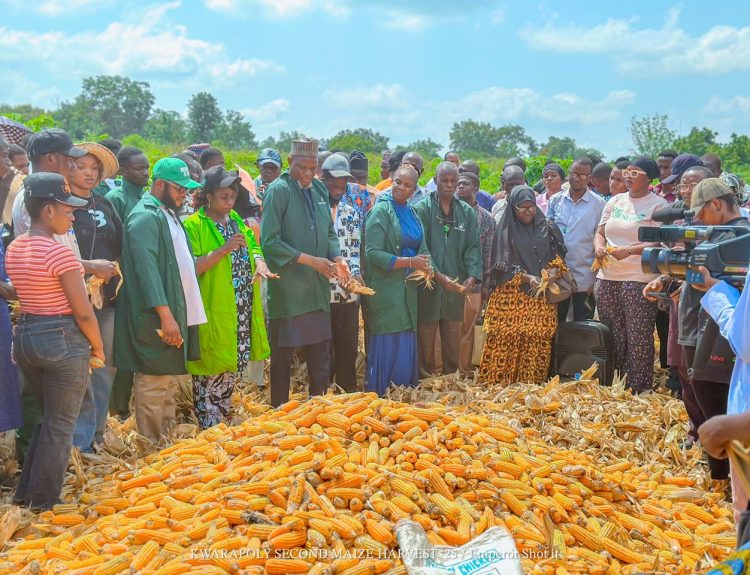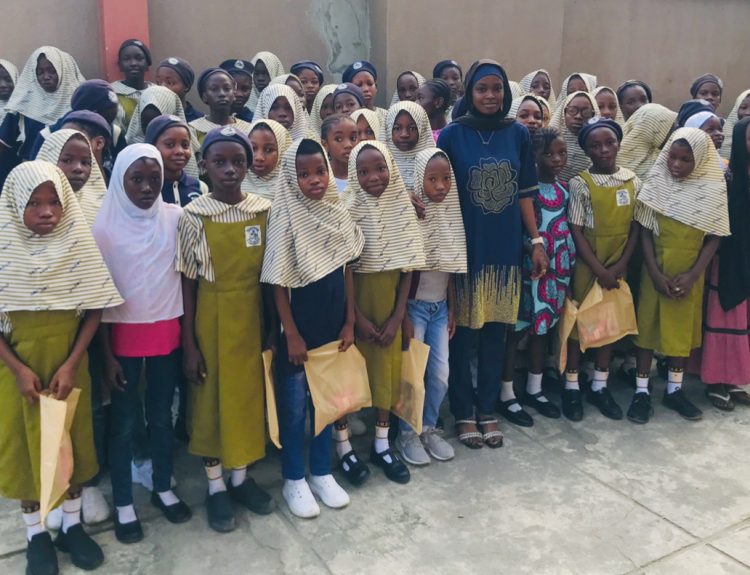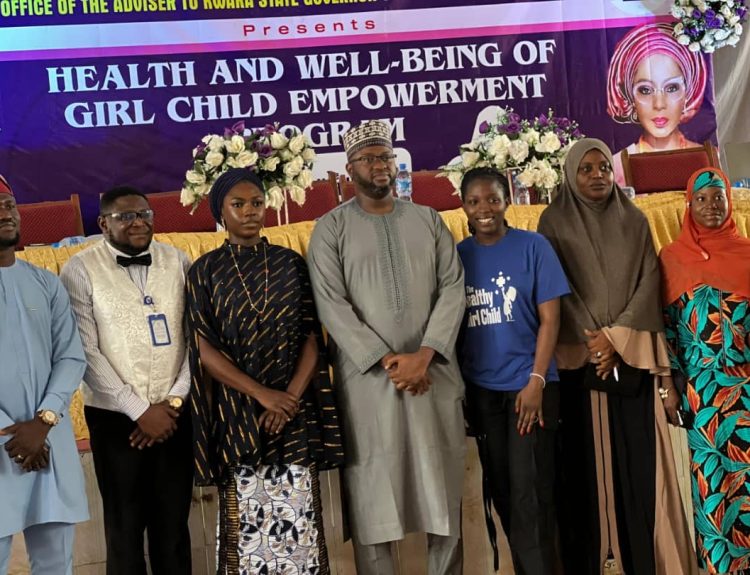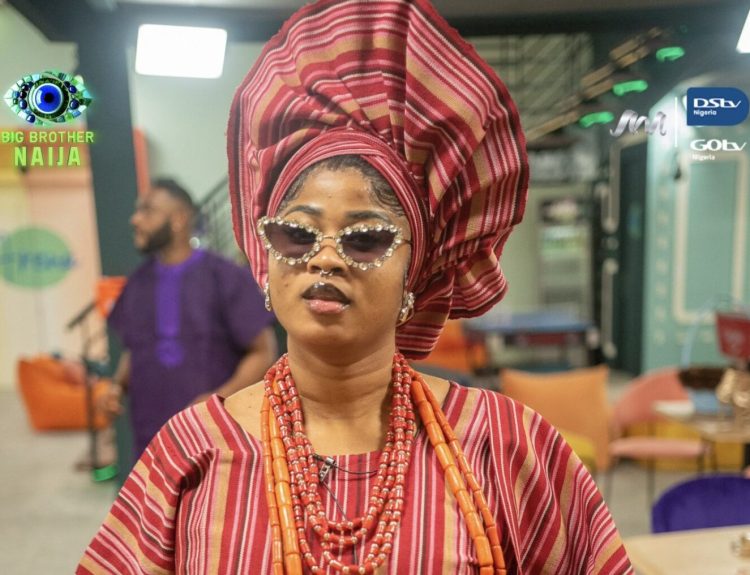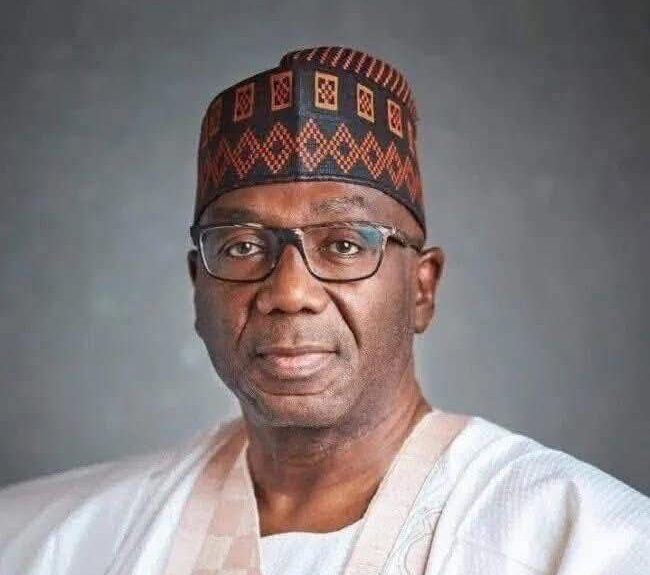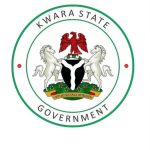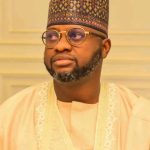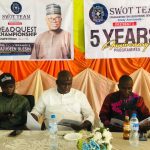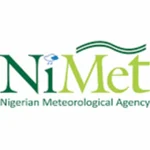The Federal Government (FG) has released the official list of subjects for Basic and Senior Secondary Education, warning schools and stakeholders to ignore “fake lists” currently in circulation.
The Nigerian Educational Research and Development Council (NERDC), in a statement signed by its Executive Secretary, Prof. Salisu Shehu, said the revised curriculum will take effect from the start of each education circle Primary 1, Primary 4, JSS1, and SS1.
According to the Council, the reforms are part of the Federal Ministry of Education’s drive to cut overload in schools and promote “positive learning outcomes.”
“We fervently call on all stakeholders to disregard any fake and unauthentic list that is at variance with the approved subjects,” NERDC said, adding that nationwide sensitization and teacher training will begin immediately.
The approved list is structured across primary, junior secondary, and senior secondary levels, with core subjects made compulsory and trade subjects introduced to encourage skill acquisition.
Teachers seek review of secondary school curriculum
Primary School (P1–3): 9–10 subjects including English, Maths, Basic Science, Nigerian Languages, History, and optional Arabic.
Primary School (P4–6): 11–13 subjects, adding Pre-vocational Studies, Basic Digital Literacy, and French (optional).
Junior Secondary (JSS1–3): 12–14 subjects, including English, Maths, Intermediate Science, Digital Technologies, Nigerian Languages, Business Studies, and trade options like Solar Installation, Fashion Design, Livestock Farming, Cosmetology, and GSM Repairs.
Senior Secondary: 5 compulsory subjects (English, Maths, Citizenship & Heritage, Digital Technologies, and one trade subject) plus electives across Sciences, Humanities, Arts, Business, and Vocational fields.
NERDC stressed that the reforms aim to make Nigeria’s education “relevant, flexible, and skills-driven.”
